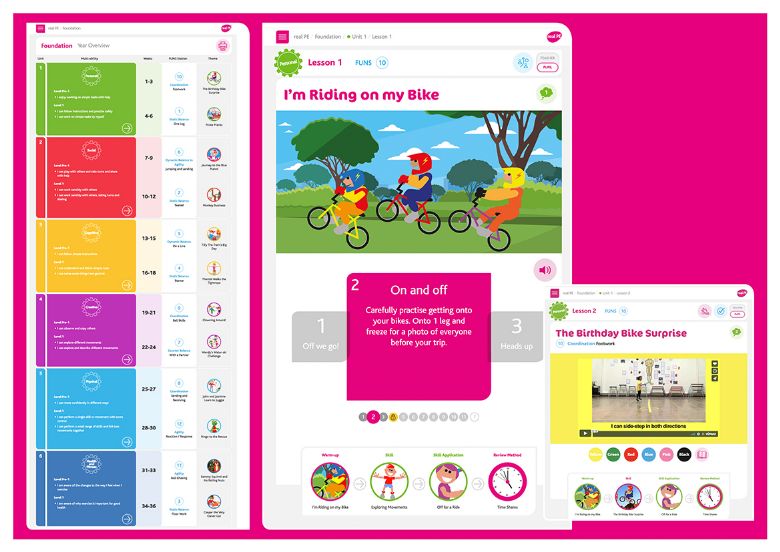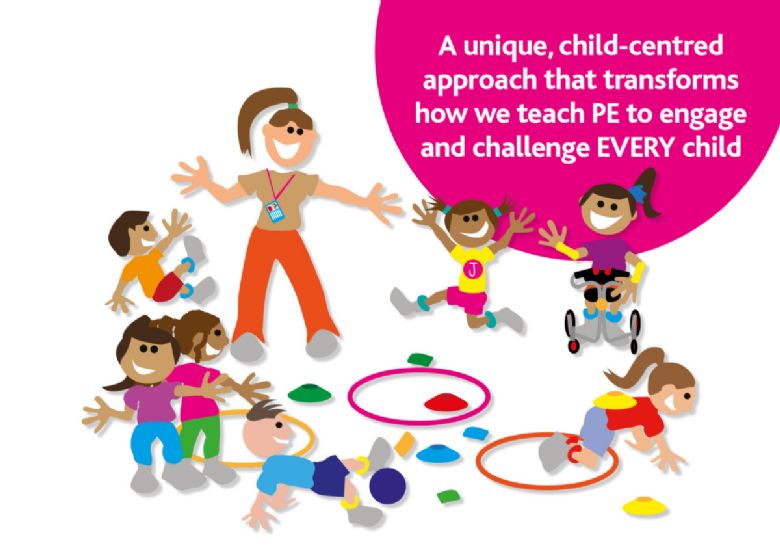”The lessons are fun and very helpful. I learn a lot here” – Year 6 Pupil
English, Maths and PE are taught daily. We deliver the full National Curriculum through holistic and creative teaching styles.
Work given is age appropriate and personalised to meet pupil’s needs. Progress is closely monitored and meetings are held regularly to plan for future achievement. At Hawkswood Primary, we ensure that we support and continually produce robust and sustainable methods to aid and consolidate pupils learning, providing every pupil with the opportunities to develop and secure deep, embedded learning.
Reading is one of the things we do best, we use some great tools to help with our reading and phonics, such as accelerated reader and Read, Write, Inc.
Precision Teaching is used as an intervention across the school which help us develop fluency in literacy and numeracy.
Our curriculum has been designed to be a progression model which builds on pupils skills and understanding which influences their decision making. Teachers ensure that they recall previous learning at the start of every lesson as this helps to secure their knowledge and understanding which gives them the opportunities to build and develop new skills. All pupils have Individual Education Plans (IEPs). These plans identify the pupils’ needs based on their performance. Targets are set through discussion with the pupil, mainstream school (where appropriate), parents and carers.
We are continually revising our curriculum to meet the current need.
Curriculum Rationale:
At Hawkswood Primary we support pupils with a wide range of needs and our curriculum reflects this.
We provide pupils with a curriculum focused around personal development that develops essential skills, equipping them for life and learning, and preparing them for the next steps in their educational journey.
We believe that our child centred curriculum helps pupils make sense of the increasingly complex and rapidly changing world in which they live. Our curriculum enables pupils to think critically about local and world issues, to interact successfully with the world around them and to develop an awareness of the impact our own actions can have on others.
Our curriculum is ambitious and enables pupils to make connections between different aspects of knowledge, skills and values. It builds on fundamental British and school values and focuses on lifestyle choices, promoting enjoyment of learning through reading, expressive arts, physical activity and personal responsibility.
Curriculum outcomes:
The core outcome for our curriculum is to enable children to secure holistic skills and enable personal growth. This includes the development of:
Life skills – independence, leadership, self-control and decision making
Mindset, metacognition and the skills required to learn – resilience, perseverance, curiosity and self confidence
Key skills – literacy, numeracy, health and wellbeing, problem solving, creativity and general knowledge
Relationships – communication, collaboration, compassion and empathy
Safety – personal, on-line and global safety
We provide rich opportunities for the pupils to explore citizenship and real life world issues, which at times they may have to grapple with to make sense of. This in turn helps them to develop skills such as collaboration and communication, thus equipping them with the necessary skills for life in the modern world.
Our curriculum themes bring to life opportunities for children to enquire and develop. Each term one theme is explored across the whole school and pulls together learning across all subjects. The themes are based around a core text per phase. Our six curriculum themes are:
Identity, Community & Diversity
Environment & Sustainability
Peace and Conflict
Social Justice
Dare to be a hero
Innovation and Dreams
Our assessment and reporting system includes:
- Ongoing assessment through mini-plenaries carefully planned questioning and reasoning opportunities will be effectively used to ensure the correct scaffolding is built into lessons to ensure all children achieve.
- Children will know what they are being asked to learn and more importantly, why. They will become increasingly confident when discussing and critiquing their learning.
- Regular feedback, both written and verbal, between the teacher and learner.
- KPIs are used throughout the year to allow the teacher and learner to know what has been achieved and the child’s next learning steps. These are also used at the end of the term and transition points, to either mainstream or next destination school, to make judgements as to whether children are working at the expected standard or not.
- Assessment data is recorded alongside holistic progress linked to specific SEMH outcomes for each child in termly pupil profile updates.


